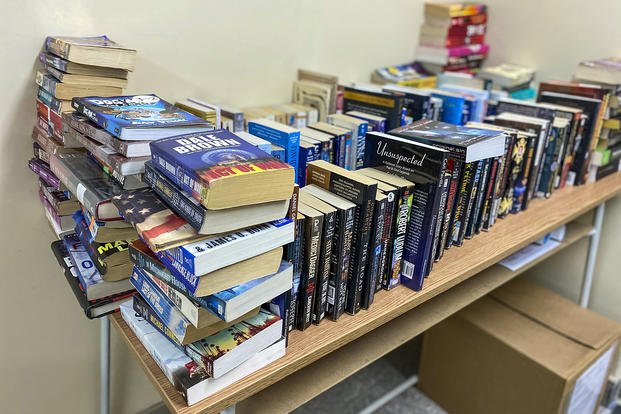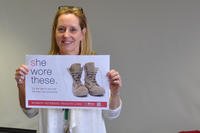If you've resolved to get a new job this year, you'll likely end up at an interview or two along the way. Here are five good habits you can develop to help you interview successfully.
Read More
While you should definitely stay current in your field, keeping up with the larger world can only help you when interviewing. A big part of interview success is connecting with people, and one of the best ways to do so is by finding common interests and knowledge. The more you expand your own interests and knowledge, the greater chance you'll find that connection point with an interviewer.
Furthermore, in an ever-shrinking world, everything is interconnected. "I think in order to truly understand a company's business problems, you have to understand that company's position in the world," says Steve Fogarty, senior staffing partner at public relations agency Waggener Edstrom Worldwide. "As an interviewer, when I feel that a candidate is well-read and does pay attention to what's going on broadly, they rank higher than candidates that don't."
A few publications to pick up regularly: The Wall Street Journal, The New York Times, Financial Times and BusinessWeek. Fogarty also suggests listening to NPR or the BBC during your commute.
Be Curious
How many times have you failed to look up an unfamiliar word? Now's a good time to get into the habit. Install Merriam-Webster's online toolbar on your computer, if necessary. And when someone uses a word you don't understand, ask for an explanation or do an internet search on it later.
"There are opportunities to learn all around you all the time," Fogarty says. "If you think about the smartest people around you, they're people that ask the best questions. They're not the people that have the answers all the time. Asking questions everywhere you go is a way to learn a lot and bring a lot to an interview."
Practice Your Communication Skills
Fogarty says you can build your skills by putting yourself in situations that force you to try to communicate well. "The more you can volunteer to do public speaking, the better, because that's really what's going to make you feel comfortable in an interview -- the ability to articulate in front of a group," he says. "Even though the interview may be one-on-one, I think it has a lot of the same feeling."
He also recommends taking a communications class. Fogarty, who considers himself an extrovert and a natural communicator, took his own advice. His instructors videotaped him and pointed out subtle tendencies he never knew he had. "Just because you're comfortable at doing something definitely doesn't mean you're good at it," he says.
Lastly, ask a recruiter or even a family member to interview you, and record it to listen to later. You might be surprised at how you come across.
Observe Others
We've all happened upon people who have an unusual knack for communicating well. Observe them carefully. What sets them apart? Is it the way they use their voices? Their hands? Their words?
Fogarty notes that the best communicators are great storytellers. So next time you're listening to a good story, analyze what makes it enjoyable and see how you can apply these principles in your next interview. Conversely, note what makes people ineffective communicators and avoid those habits.
Observe Yourself
A massive detriment to career success is that "people are very unaware of how they act," Fogarty says. "This is where I think a lot of people struggle in life in general. We're all guilty -- every single one of us. I think you should solicit feedback at every opportunity that you can. If you think you irritated someone, find out why. Right or wrong, it's perception. You could be conveying something unknowingly."
Constantly work at finding out how people perceive you. "I think it makes you a better interviewee over the long haul if you're getting feedback about how you're conveying yourself," Fogarty says. "Figuring out ways to let people give honest, hard feedback and always thanking them for it is important."
Want to Know More About the Military?
Be sure to get the latest news about the U.S. military, as well as critical info about how to join and all the benefits of service. Subscribe to Military.com and receive customized updates delivered straight to your inbox.











